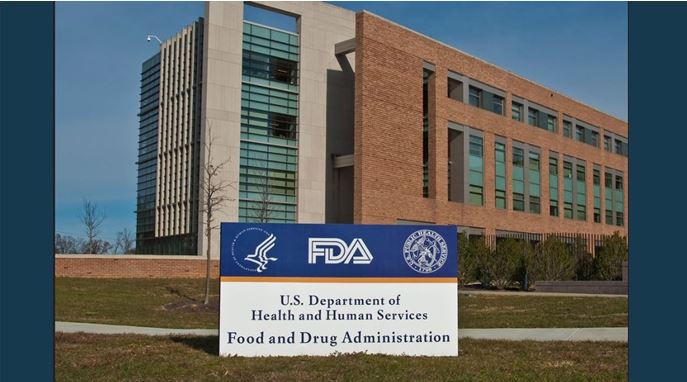Oct. 6 (UPI) — New guidelines issued by the U,S. Food and Drug Administration on Tuesday require manufacturers of potential new COVID-19 vaccines to provide two months’ worth of “follow-up” data on safety and possible adverse events.
The mandate would appear to dash President Trump’s hopes of having a new vaccine approved by the Nov. 3 election.
The two-month period was decided upon because agency research suggests that most adverse events or severe side effects with vaccines emerge within two to three months after administration, an FDA administrator said.
“Ideally, we’d like to have longer-term safety follow-up, but we are in the middle of a pandemic and people are dying,” said Dr. Peter Marks, director of the FDA’s Center for Biologics Evaluation and Research.
Marks was among several top public health officials who spoke during a virtual symposium Tuesday entitled “Preserv[ing] the Scientific Integrity of COVID-19 Vaccine Development and Allocation,” hosted by Johns Hopkins University and the University of Washington.
The FDA released the new guidance earlier in the day amid reports suggesting that Trump administration officials were pressuring the agency to streamline the vaccine approval process, with an eye toward the presidential election.
The new guidance focuses on the FDA’s emergency use authorization process, which allows the agency to more quickly approve products in response to a national crisis.
The normal safety and effectiveness requirements for drugs, vaccines and medical devices approved under the emergency use program are “deliberately set lower,” Marks said. However, the “known and potential benefits [still] have to outweigh risks,” he said.
To receive an emergency authorization based on the new guidance, potential vaccines will have to provide an “interim analysis” of data proving effectiveness from Phase 3 clinical trials — the final stage of the drug evaluation process.
In addition, data from Phase 3 studies must “include a median follow-up duration of at least two months after completion of the full vaccination regimen to help provide adequate information to assess a vaccine’s benefit-risk profile,” the guidelines state.
This includes information on adverse events, cases of severe COVID-19 disease among study participants and cases of COVID-19 “occurring during the time frame when … the vaccine would be responsible for a protective effect.”
During Tuesday’s symposium, Moncef Slaoui, the scientific head of Operation Warp Speed — the Trump administration’s initiative to spur COVID-19 drug treatment and vaccine research and development — said that several candidate vaccines have begun Phase 3 trials.
However, although he and his colleagues are “reasonably pleased with the progress,” the vaccines farthest along in the process won’t have their “first results” on effectiveness until late November or early December.
Still, “we feel comfortable that we will have one or two vaccines and we will have enough doses to immunize 30 million people in November and December and another 50 million in January and have a serious impact this pandemic,” Slaoui said.
He had told Science magazine in September that he would resign if politics interfered with the vaccine evaluation process.






